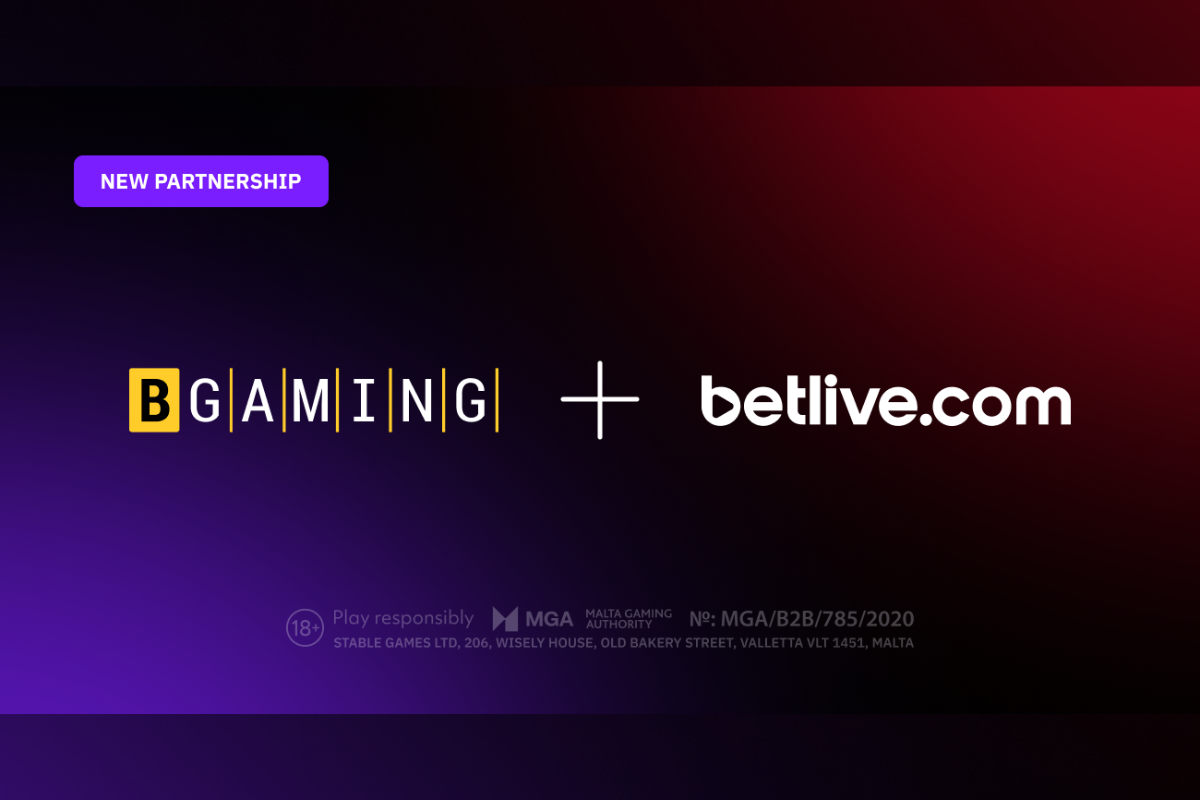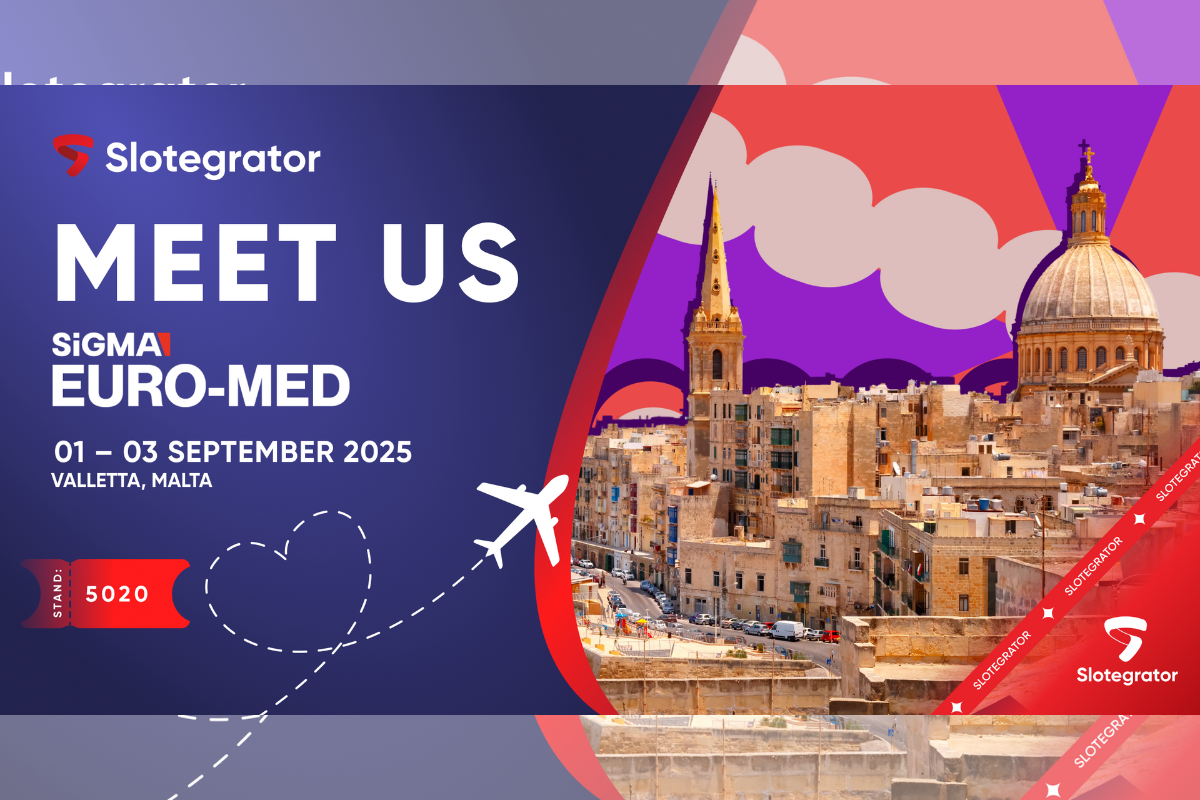Compliance Updates
Understanding the World of Sports Betting Licences

In the exhilarating world of sports betting, where fortunes can change with the swing of a ball, trust and legitimacy are paramount. This is where the concept of a betting licence comes into play. A betting licence serves as the proverbial badge of honour for sports betting companies, assuring both customers and regulatory authorities of their authenticity and commitment to fair play.
Issued by a gambling committee, a betting licence is a tangible proof of a sportsbook’s legitimacy and adherence to stringent regulations. It is more than just a piece of paper; it’s a commitment to ethics, integrity and customer protection. In this article, KT Group (https:// kioskterminals .com) delves into the intricacies of betting licences, exploring their significance, history and how they vary on opposite sides of the Atlantic.
Getting to grips with United States sports betting licences
Most states that have opened their doors to sports betting have adopted a hierarchical licensing structure. This framework imposes licensing requirements on sportsbook operators as well as on the companies that offer goods and services to these operators. This dual-tiered approach often includes an ‘operator licence’ for sportsbook operators along with either a ‘supplier licence’ or a ‘vendor registration’ for the companies in the sports betting ecosystem.
The reach of these vendor and supplier licensing requirements is extensive, casting a wide net that in some states encompasses virtually any business entity that engages with a licensed sportsbook operator. The extent of this reach is exemplified by the fact that in certain states even law firms and advertising/media agencies providing services to sportsbook operators must obtain licences.
Adding another layer of complexity, some states have divided the vendor and supplier licences into distinct categories: a higher-level ‘supplier’ (or ‘vendor major’) licence for providers whose services directly impact sportsbook operations and a lower-level ‘vendor registration’ licence for those whose services have a less direct impact. Providers navigating these regulations often find themselves grappling with the task of categorising their services and determining the appropriate licence, which can be particularly challenging in the absence of clear-cut guidelines.
To further complicate matters, licensing rules in many states incorporate ‘catch-all’ provisions, granting regulators the discretion to determine on a case-by-case basis how a specific provider should be licensed. This discretion adds an element of unpredictability, making it essential for businesses to engage with regulatory authorities and legal counsel to navigate the complex terrain of sports betting licences in the United States.
The state of play
An increasing number of states recognise the potential revenue and entertainment value it offers. Some of the early adopters include Delaware and New Jersey, both of which legalised sports betting in 2018. These states paved the way for others to follow suit, showcasing the feasibility and benefits of a regulated sports betting industry.
Building on the foundation laid by the early adopters, several states further expanded their sports betting offerings in 2020 and 2021. Colorado and Montana joined the ranks of legalised sports betting in 2020 followed by Arizona, Connecticut, Louisiana, Nebraska, North Dakota and Virginia in 2021. These states embraced both retail and mobile betting, demonstrating a growing acceptance of sports wagering as a legitimate form of entertainment and a potential source of revenue.
The momentum has continued in 2022 and 2023 as Kansas welcomed online sports betting. Vermont, while having legalised sports betting, is expected to launch online platforms in late-2023 or early-2024. States such as Massachusetts and Ohio also entered the fray, showcasing the industry’s dynamic growth.
While some states have firmly established their presence in the sports betting and lottery arena, others are still in the midst of legislative deliberations or have proposed bills in the works. States like Florida, Georgia, Minnesota, Missouri, North Dakota, South Carolina and Texas are actively considering the legalisation of sports betting. These states are evaluating the potential benefits and regulatory frameworks that would best suit their unique circumstances.
On the opposite side, there are states where sports betting remains off the table. States like Alabama, Alaska, California, Hawaii, Idaho and Utah have either opted against legalisation or are yet to fully embrace the industry. While some may cite moral or regulatory concerns, others may be waiting to observe the experiences of their neighbours before making a decision.
With each passing year, the map of sports betting legalisation in the United States continues to evolve, offering a fascinating glimpse into the intersection of entertainment, revenue generation and regulatory complexity.
Europe and beyond
Europe stands as a prominent sports betting player with a tapestry of regulations and licensing authorities. At the forefront of European sports betting regulation is the United Kingdom, a jurisdiction renowned for its robust regulatory framework.
The United Kingdom’s gambling laws, including the Gambling Act 2005 and the Gambling Bill 2014, meticulously govern the industry. These laws, which have seen amendments over the years to keep pace with the evolving betting landscape, serve as the backbone of the United Kingdom’s gambling regulation.
Enforcing these laws with a vigilant eye is the United Kingdom’s Gambling Commission. This regulatory authority is celebrated for its unwavering commitment to strict oversight, making it a trusted name in the world of betting licences. The Gambling Commission ensures that operators adhere to stringent guidelines, promoting a fair and safe betting environment for all participants.
Moreover, the Gambling Commission provides a platform for customer recourse. Individuals with complaints about betting operators can register their grievances with the Gambling Commission that, in turn, can facilitate dispute resolution through alternative dispute resolution providers.
Beyond the shores of the United Kingdom, there is an array of betting jurisdictions, each with its own set of regulations and licensing bodies. Some of the prominent licensing authorities include the Malta Gaming Authority (MGA), the Kahnawake Gaming Commission and Curacao.
It’s important to note, however, that these regulatory bodies do not mediate disputes between players and operators, protect deposited funds or provide legal advice. Their primary focus is on establishing a framework that encourages responsible gambling and ensures that operators comply with the rules.
These regulatory bodies play a pivotal role in issuing licences, regulating sports betting companies and overseeing their operations. They share a common goal: ensuring the fairness of games, safeguarding vulnerable individuals and maintaining the industry’s integrity.
The Chief Executive Officer for KT Group, Kenneth Larsen, commented on the importance of understanding sports betting licences: “Understanding sports betting is crucial in today’s dynamic landscape, where it signifies an appreciation for the intricate web of regulations, economic impact and evolving fan engagement.
“As more regions embrace and regulate sports betting, it becomes essential for individuals, businesses and policymakers to grasp its intricacies. Sports betting transcends mere entertainment, influencing various industries and shaping how we engage with sports. Therefore, comprehending sports betting is not just an option; it’s a necessity for navigating this evolving landscape effectively.”
-

 Asia3 days ago
Asia3 days agoDigital gaming disruption tackled in 1st AsPac Regulators’ Forum
-
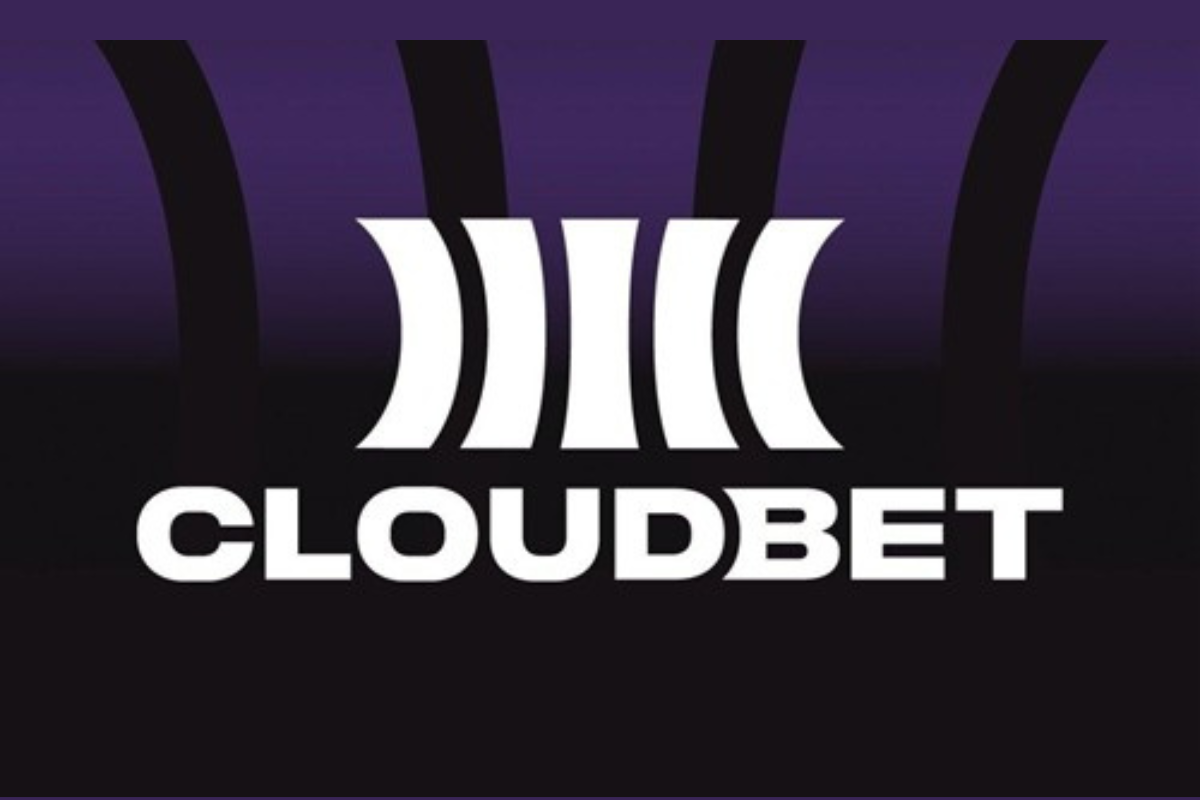
 Latest News6 days ago
Latest News6 days agoCloudbet maps regional betting trends in August–September 2025
-

 Latest News6 days ago
Latest News6 days agoHigh Roller Launches New Online Casino Brand in Finland
-

 Latest News6 days ago
Latest News6 days agoNetBet Denmark expands its casino library by adding SYNOT Games as a provider
-

 Central Europe6 days ago
Central Europe6 days agoPromatic Games and SYNOT Interactive Announce Strategic Partnership to Strengthen iGaming Expansion in Central and Eastern Europe
-
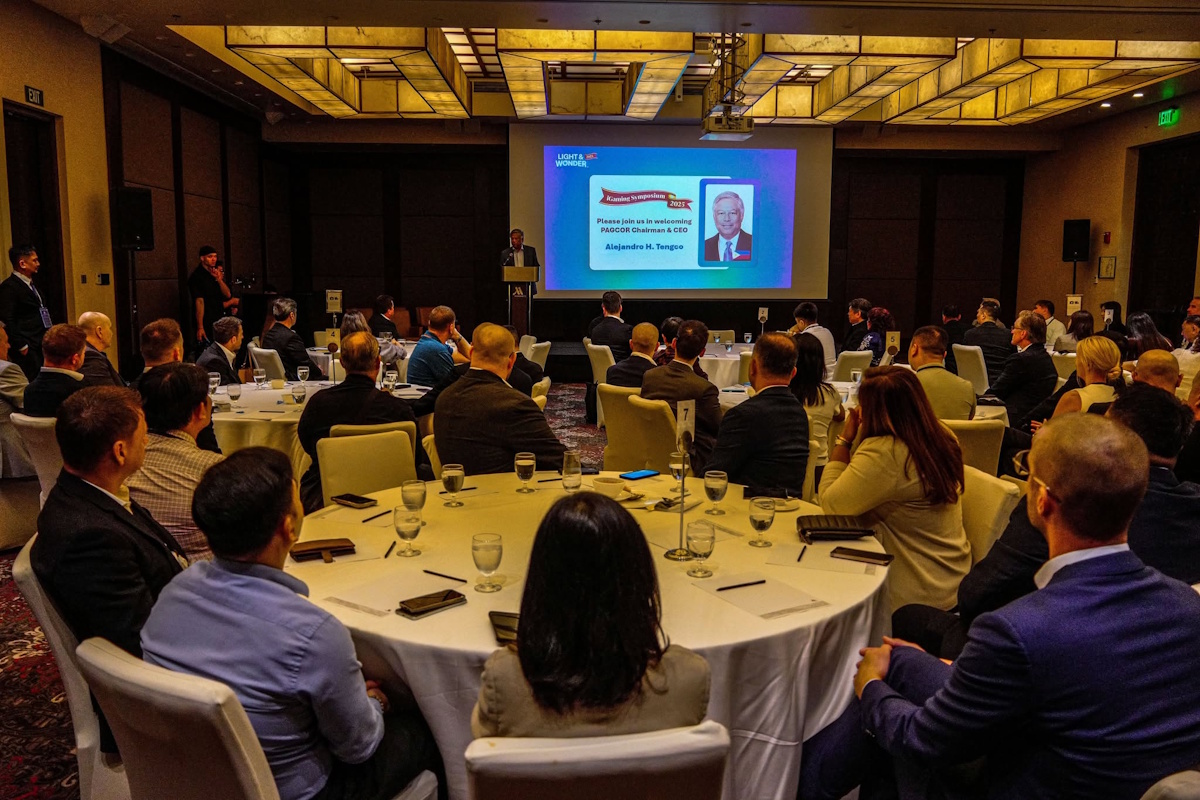
 Asia6 days ago
Asia6 days agoPAGCOR chief pushes for stricter regulation, not online gaming ban
-
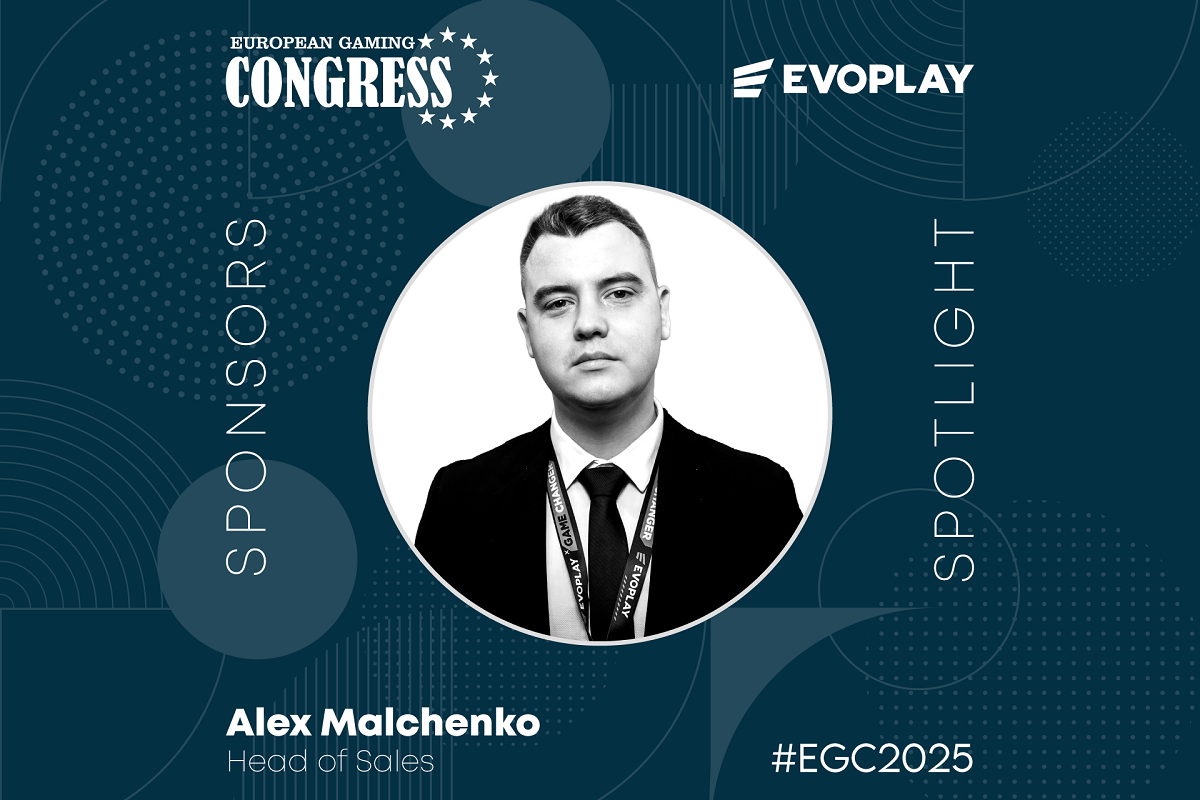
 Conferences in Europe6 days ago
Conferences in Europe6 days agoStrategies that Scale: Evoplay’s Alex Malchenko on Cracking the Code of Localised iGaming Success
-

 Conferences in Europe6 days ago
Conferences in Europe6 days agoNew Gamification Academy at SBC Summit to Present Fresh Approaches to Player Engagement







